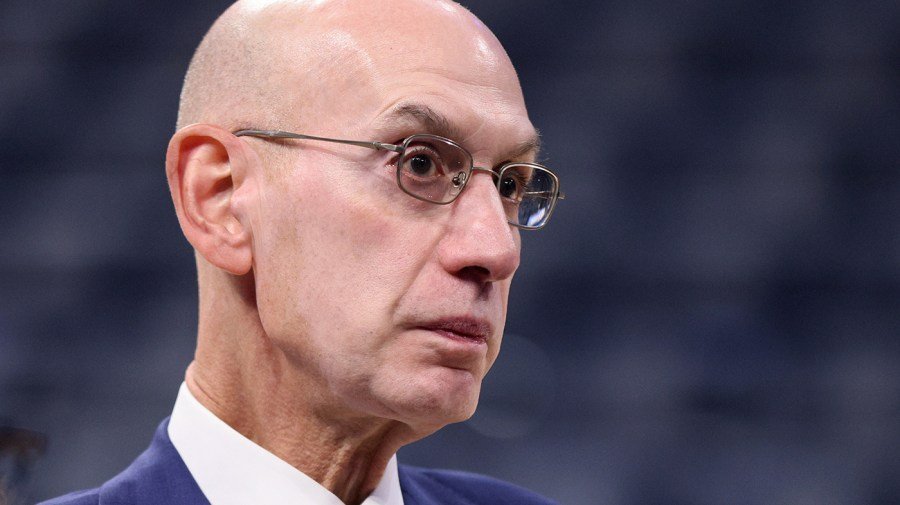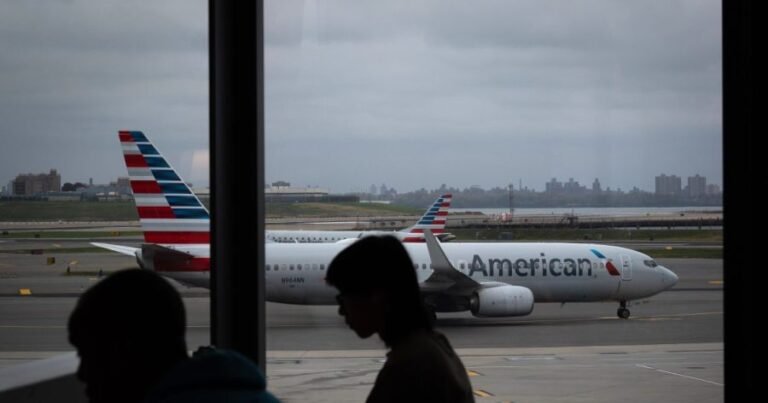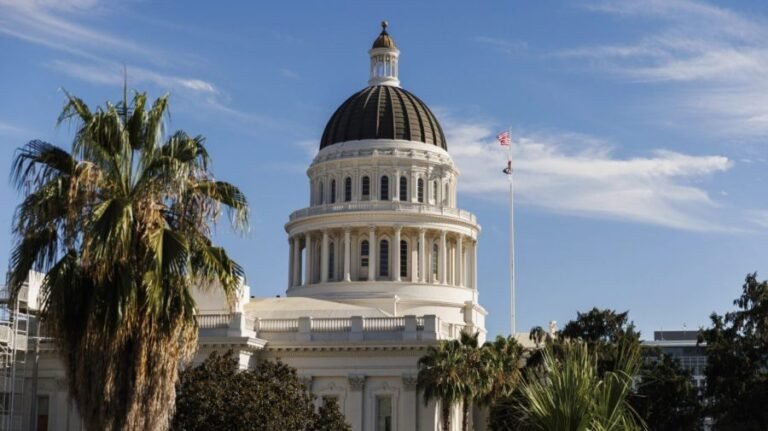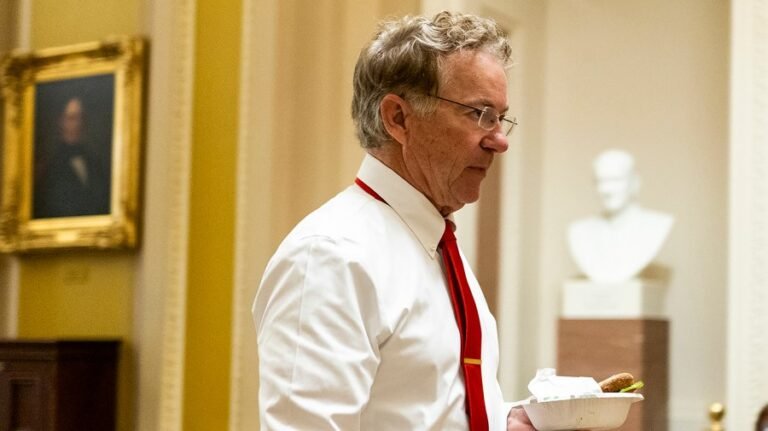
NBA Commissioner Adam Silver is facing a Monday deadline to respond to a letter from the Senate Commerce Committee demanding answers on how he plans to respond to an explosive gambling scandal that rocked the world of sports.
Sen. Ted Cruz (R-Texas) leads the panel, which wants the NBA to provide documentation on any investigations it has conducted into players, coaches or employees since 2020 as it relates to alleged betting or “game rigging.”
The letter also seeks the NBA’s communications with legalized sportsbooks and wants Silver to explain “the extent to which the NBA has addressed and plans to further address alleged instances of sports gambling, wagering and game rigging” to ensure players or coaches “do not have ties to organized crime.”
Though the NBA and its players have at time been at odds with President Trump, there are no signs of a huge fight between the league and the GOP to this point.
Just days after Cruz’s letter was sent, league officials met with staffers on the House Energy and Commerce Committee, a sit-down a source told The Hill was centered on the scandal and led to what a spokesperson called a “a productive conversation.”
“We appreciate the NBA’s cooperation, and we will continue our investigation to ensure we protect the integrity of the sport and support athletes,” the GOP source said.
But it’s also likely that scrutiny from Congress of sports and gambling is going to increase.
On Sunday, a pair of Cleveland Guardians pitchers were charged by federal authorities with conspiracy and bribery over an alleged scheme to throw balls and strikes at certain times to benefit prop bettors. Major League Baseball in a statement to ESPN said it was “aware of the indictment and today’s arrest, and our investigation is ongoing.”
A source familiar with the matter said Cruz’s committee was also weighing a potential inquiry into the MLB scandal that broke late Sunday.
The scandals, coupled with the exploding popularity of legalized sports gambling, are being seen by many as a potential catalyst for what could be a major push by the federal government to further regulate the multibillion-dollar business of sports wagering.
Gambling industry officials argue the recent indictments of current players and coaches prove the legal guardrails around sports wagering integrity are working, while critics warn the cases could only be the tip of the iceberg as sports gambling grows faster than the professional leagues can keep up with.
The sports leagues themselves have a ton at risk.
A new poll from Quinnipiac released on Thursday found a third of all NBA fans think players or coaches involve themselves in illegal activity by influencing the outcome of games or individual performance to affect sports gambling results.
Federal authorities announced charges against more than two dozen people including Miami Heat guard Terry Rozier and Portland Trail Blazers coach Chauncey Billups, as part of a sprawling corruption scheme alleging sharking of nonpublic information with sports bettors and rigged poker games with ties to organized crime.
Prosecutors allege Rozier illegally shared insider NBA information with bettors who benefited financially from the information, while Billups was charged with ties to the rigged poker games.
The arrests and investigation actually show the system is working, some observers say.
“Incidents like these, sad as they are, are an indication the legal market is acting as it was intended,” one gaming industry official told The Hill, commenting on the arrests. “It’s actually a reflection of the partnerships between the sportsbooks and leagues that broaden integrity protections.”
The NBA and other sports leagues are winning bigger and bigger media contracts for the rights to broadcast their games. Both the media and the leagues in many cases partner directly with sportsbooks, which advertise heavily in games and pregame shows.
It’s hard to see that changing, even with the first big sports gambling controversies since a wave of states over the last few years legalized online gambling on sports.
“It’s pretty clear the toothpaste is out of the proverbial bottle,” Stephen L. Shapiro, a professor of sports management and consumer behavior at the University of South Carolina, told The Hill. “There’s just too much revenue up for grabs between these leagues and their gambling partners to expect them to scale any of this back themselves, so I could see the government getting involved in a big way here.”


